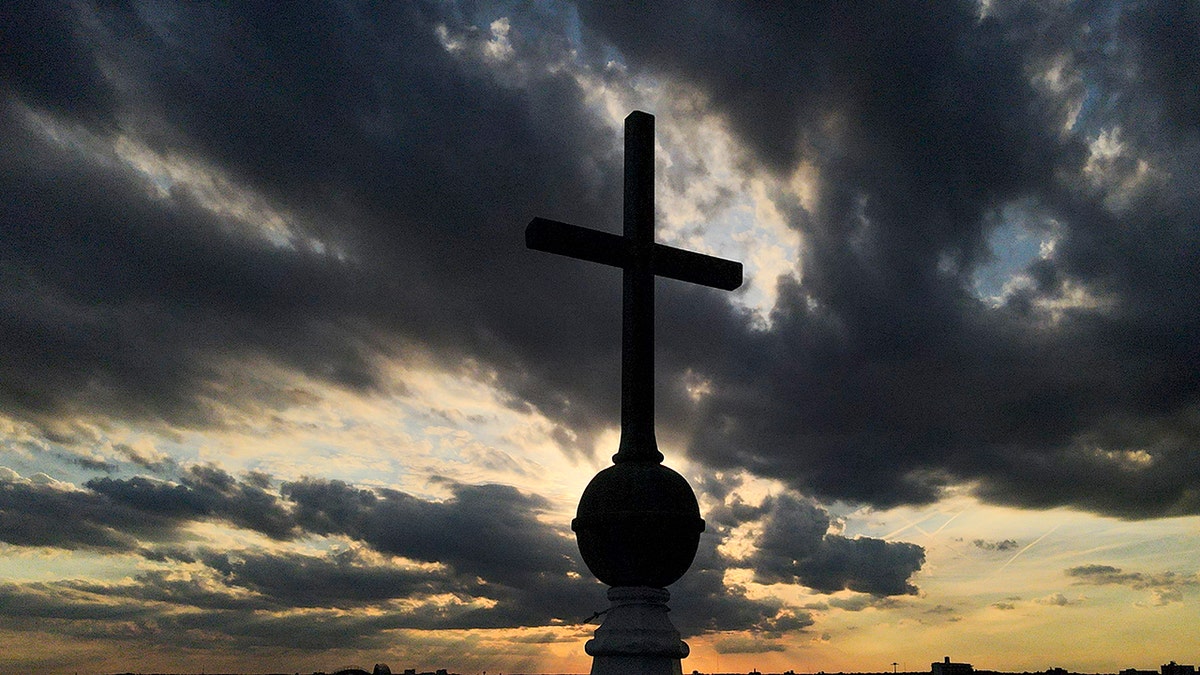Wisconsin Republicans are making another attempt to safeguard the right to religious gatherings during emergencies, this time through a constitutional amendment. Senators Cory Tomczyk and Ty Bodden have introduced an amendment that would prevent state and local governments from closing or restricting gatherings in places of worship, regardless of the nature of the emergency, be it national, state, or local, including public health crises. This move mirrors similar legislative efforts in states like Arizona, Florida, North Dakota, and South Carolina.
The impetus for this renewed effort stems from Democratic Governor Tony Evers' 2020 stay-at-home order during the COVID-19 pandemic. This order led to the closure of nonessential businesses and restrictions on indoor gatherings, including religious services. While the state Supreme Court ultimately overturned the order, Republicans aim to prevent future restrictions on religious gatherings. A previous bill addressing this issue was vetoed by Governor Evers in 2021, and another attempt last year failed to gain traction in the legislature.
The proposed constitutional amendment offers a way to bypass the governor's veto power. Amendments require approval in two consecutive legislative sessions and a subsequent statewide referendum to become law. The governor has no authority in this process. The amendment is currently under consideration by the Senate Committee on Licensing, Constitution and Federalism, with a public hearing paving the way for a committee vote. If approved by the Senate, the measure would then proceed to the Assembly. If it passes both chambers in this session, the process would begin anew in the 2025-26 legislative session, culminating in a statewide referendum if successful.
Support for the amendment has emerged from anti-abortion organizations like Pro-Life Wisconsin and Wisconsin Family Action, while the Wisconsin Catholic Conference has adopted a neutral stance. As of now, no groups have formally registered their opposition. The proponents of the amendment argue that restricting religious gatherings infringes upon religious freedom and undermines the state's foundations. They emphasize that places of worship for all faiths should remain open regardless of government mandates.

Photo: A cross is seen on top of the Saint Stephen Lutheran Church on June 22, 2021, in Milwaukee, Wisconsin. (AP Photo/Morry Gash, File)
Comments(0)
Top Comments